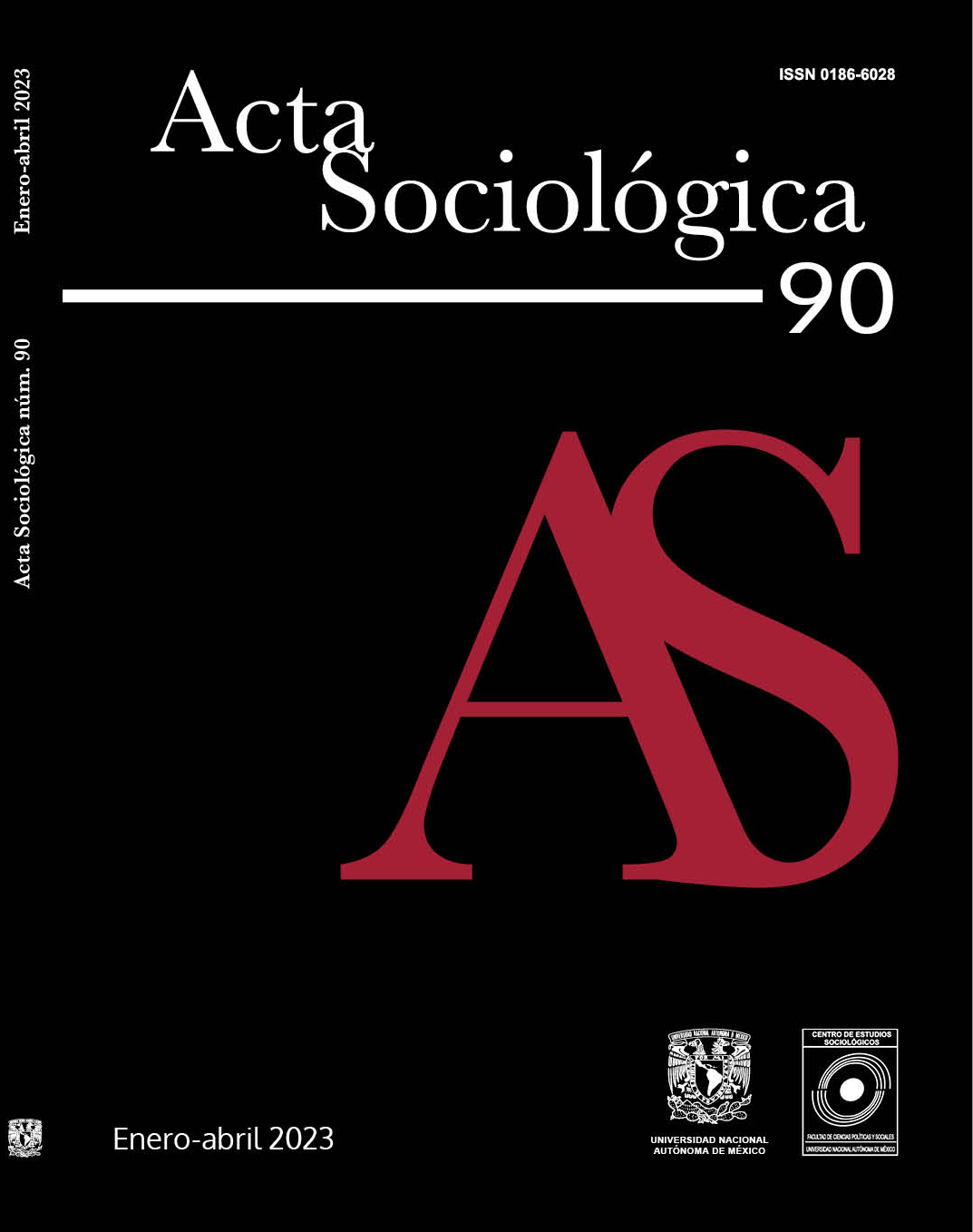An analysis of emotional reactions to COVID-19 based on aspects of mental health, fear and risk perception
Main Article Content
Abstract
COVID-19 is a framework in a process of social change. Sociological interest in this phenomenon varies between understanding what has changed or remains intact, what social relations emerge or are transformed, and who are the social elements involved. This paper is interested in discussing this last aspect. Its main objective is to observe which social identities are related to emotional reactions in the face of the pandemic. Emotions, from the point of view of the social sciences, allow us to think about the relationships between body, subjectivity and world. The emphasis on fear is because it is a contingent and changeable human way of dealing with the imminent or imagined danger that accompanies the emergence of pandemics. Thus, residents of the city of Rio de Janeiro answered an online questionnaire about perceptions and beliefs of coronavirus, with questions based on the Self-Reporting Questionnaire (srq-20) on mental health and the Fear of COVID-19 Scale (fcv-19s) on fear of COVID-19. From factor analysis, we will present a set of indices
for emotional reactions in the face of COVID-19 and finally, using multivariate regression, discuss who feels them. In the end, we show that the pandemic has widened inequalities and decreased the quality of life represented by mental health and fear.
